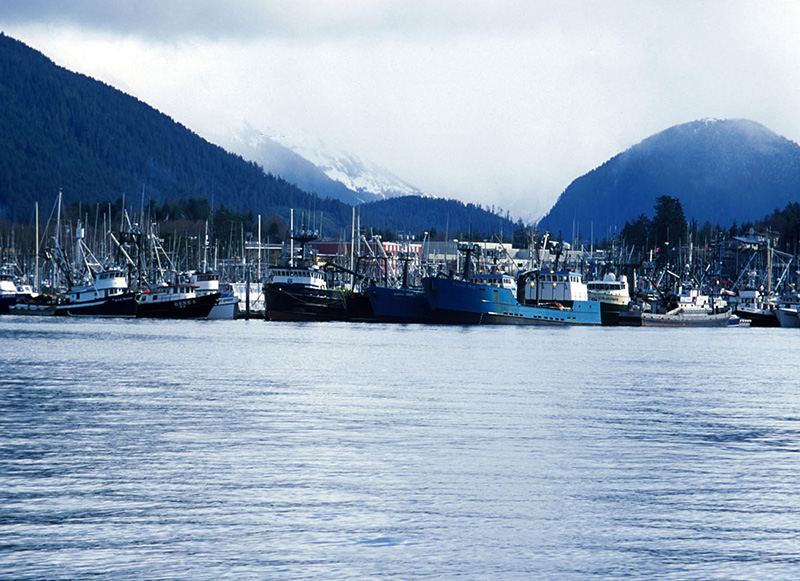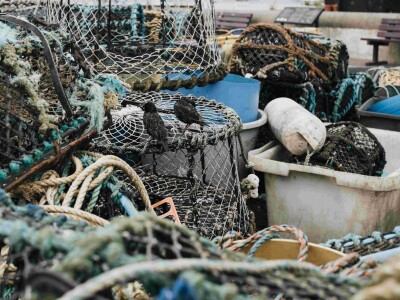Alaska Gov. Bill Walker recently signed a bill (HB 56) sponsored by State Rep. Dan Ortiz (I-Ketchikan) that expands the state's Revolving Loan Fund to create new financing options for fishing and mariculture businesses. He also re-established the Alaska Mariculture Task Force as an advisory body with a goal of growing a $100 million mariculture industry in 20 years.
“Too many Alaskans are priced out of the commercial fishing industry because they can’t afford a permit, quota, or gear. We addressed that problem in this bill by updating the state loan fund to account for the increased costs. By clearing away bureaucratic and economic hurdles, this bill moves us one step closer towards the goal of helping Alaskans reap the benefits of our sustainable commercial fisheries,” said Rep. Ortiz. “House Bill 56 nearly didn’t pass because of all the other work that needed to get done in the Alaska Legislature. However, thanks go to Senator Gary Stevens, who has always been a champion for commercial fishermen, for stepping forward and guiding this simple yet vital bill across the finish line.”
“The fiscal crisis is on the wane. It should never have happened in the first place and we should never be in that position again. Now we can get back to building Alaska,” Walker said in an interview.
Currently, there is a $400,000 cap on the amount that can be borrowed through the Alaska Commercial Fishing Loan Fund. Loans to purchase limited entry permits, individual fishing quotas (IFQs), and gear were capped at $300,000, but HB 76 increases those caps to $400,000.
Last year, House Bill 56 passed the Alaska House of Representatives by the unanimous vote of 38-0. The Alaska State Senate passed the bill in May by a vote of 17-1.
In terms of Alaska’s seafood industry, he said the biggest challenges stem from “unpredictability.”
“We have seasonal highs and lows, problems with returns. It is very difficult for businesses to plan. One of our jobs is to make sure we provide the best data going forward as quickly as possible, so people and communities whose livelihoods depend on fishing have the assurance of a more stable future,” Walker said.
The governor said our seas are “under assault” from a warming climate and off kilter ocean chemistry. That was the impetus, he said, for forming a climate change action committee which is scheduled to introduce recommendations next month that will build upon past policy initiatives and encourage new ideas.
During a town meeting several Kodiakans commented that Alaska lawmakers by and large “skim over” the economic, social and cultural importance of the seafood industry.
“It’s all about attitude,” Walker said. “Commercial fishing was Alaska’s first industry and it drove the push to statehood. We will make sure our fish benefit Alaska and coastal communities. We will show up and be engaged.”







